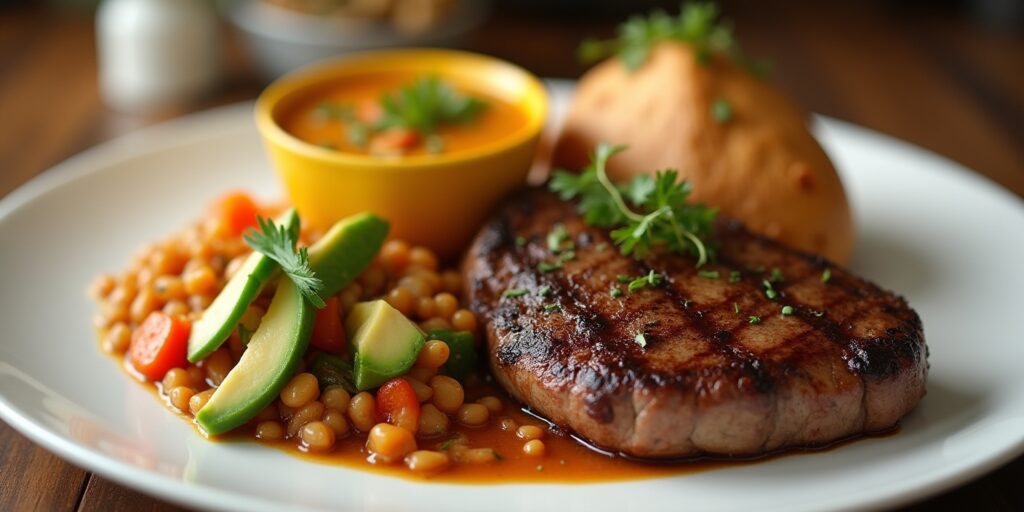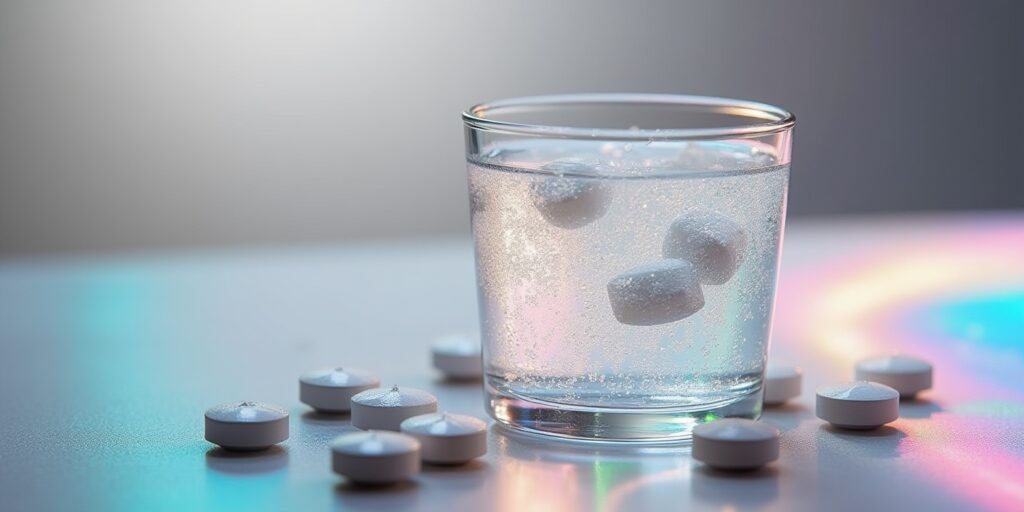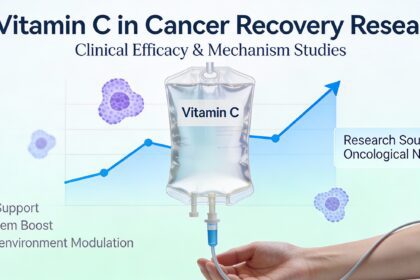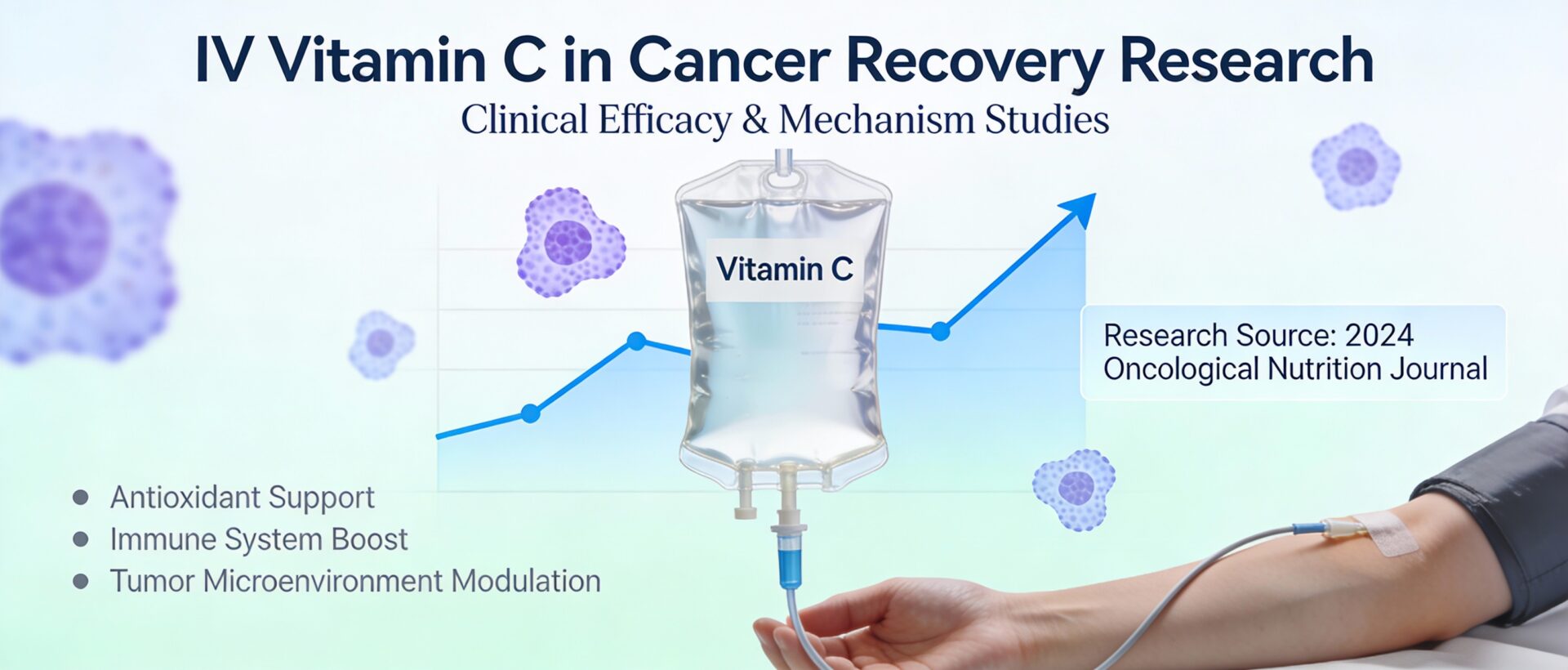By Bridget Waterman
Why Minerals Matter in Athletic Performance
Many factors impact athletic performance, and one of the least understood factors are minerals. Minerals such as zinc (Zn), iron (Fe), magnesium (Mg), potassium (K), sodium (Na), chloride (Cl), and calcium (Ca) all play important roles in maintaining good health, especially in athletes. Serious athletes usually require greater amounts of vitamins and minerals than sedentary people.
The minerals listed are categorized as either macrominerals or microminerals. Microminerals (also known as trace minerals) are metabolically necessary, but in much lesser amounts. They are still necessary for maintaining homeostasis. Macrominerals are required in relatively large amounts. The body uses minerals for many different metabolic functions including strengthening bones, brain health, heart action and maintaining muscle mass. It is important to make sure the body receives the proper minerals to better perform.
Microminerals vs. Macrominerals
Microminerals are referred to as “micro” because the body requires less than 100 mg of the mineral daily. Microminerals are involved in cellular metabolism, maintenance of colloidal systems, regulation of acid-bas equilibrium, formation of skeletal structure and other physiological functions. Microminerals are also vital for the production of hormones and enzymes. Microminerals include iron, zinc, chromium, iodine, fluoride, and manganese.
Macrominerals are referred to as “macro” because the body needs at least 100 mg or more each day. Macrominerals help maintain strong bones, synthesize hormones and enzymes, preserve muscle function (including the heart), and maintain brain and nervous system function. Macrominerals include magnesium, calcium, sodium, chloride, phosphorus, and potassium.

Zinc: The Immunity and Recovery Mineral
Zinc is one of the minerals essential for maintaining a strong immune system. For any athlete sidelined due to an illness or viral infection. Zinc is an important supplement for optimal performance by preventing early onset fatigue during workouts. Many studies have found that low levels of zinc in athletes have been correlated with lower levels of serum testosterone. This condition can greatly impact performance through changes in body fat percentage, strength, and recovery.
Zinc deficiency can lead to anorexia, decreased endurance, and the risk of developing osteoporosis. Athletes are at a higher risk for zinc deficiency due to loss during periods of profuse sweating. Sweat is a mix of important electrolytes and zinc that should be replaced daily.
Zinc supplements are readily available in capsules, lozenges, and liquids. These oral supplements are some of the easiest ways to improve the intake of zinc. However, zinc may also be obtained naturally by consuming oysters, red meat, poultry, whole grains, dairy products, as well as nuts.
Iron: Fueling Oxygen and Muscle Strength
Iron is an essential mineral that assists in the transport of oxygen from the lungs to the rest of the body. Without iron, blood does not effectively oxygenate the body, preventing muscles from working correctly and efficiently. Iron is important for athletes due to high work demands placed on their muscles during training.
It is especially important for female athletes due to blood loss associated with menstruation. An active female athlete involved in a rigorous training program has an increased risk for iron deficiency anemia. Endurance sports and hard training stimulate an increase in red blood cell production, increasing the body’s demand for iron. Iron helps metabolize protein and fats for use in building and repairing muscle tissue.
While still growing, younger athletes may also require higher levels of iron. During growth periods, the body needs to create more blood. As a result, it may become harder for the body to keep pace with the synthesis of iron. Iron supplements can be taken orally as tablets, capsules, chewable, and liquids. To naturally increase iron intake, consume more iron rich foods such as beans, lean meats, dark leafy vegetables, fortified bread, pasta, rice, and cereals.

Magnesium: Energy, Endurance, and Recovery
Magnesium helps maintain normal nerve and muscle function, heart rhythm, blood pressure, immune system, bone health, and blood glucose levels and promotes calcium absorption. It is present in nearly every cell in the body. Approximately 30% of the magnesium in the body is stored in the muscles.
It is necessary for both aerobic (with oxygen) and anaerobic (without oxygen) energy production. It also plays an important role in muscle contraction and relaxation. Repeated studies have shown that the more active the person, the more magnesium they require. Scientists have linked a high level of magnesium in blood to improved muscle performance, such as greater leg strength.
Magnesium aids performance by reducing the accumulation of lactic acid and reducing the perception of fatigue during strenuous exercise. Lactate is a metabolite produced primarily through intense physical exercise. Excessive lactic acid buildup can limit muscle performance by promoting early onset of fatigue. Exercising without sufficient magnesium leads to increased oxygen consumption and heart rate.
This mineral also strengthens the immune system working as an antioxidant to strengthen and protect the body from disease. Magnesium supplements are available in tablet, liquid, capsule form. However, the powdered or liquid forms of magnesium may be preferable and more bioavailable. The tablet form requires stomach acid to ionize the mineral, resulting in less absorption and more excretion. Magnesium is also available naturally in whole grains, dark green/leafy vegetables, dried beans, nuts, low fat milk and yogurt.
Potassium and Sodium: Hydration and Muscle Function
Potassium and sodium play significant roles in the process of muscular contraction and relaxation. Sodium helps absorb and retain more ingested fluids, boosting blood plasma volume. Greater blood volume results in less stress on the cardiovascular system delivering oxygen to muscles. The greater blood volume helps dissipate heat to cool the body.
The body requires sodium to conduct nerve impulses, contract and relax the muscles and to help maintain the proper hydration balance. This requires an estimated 500 mg of sodium daily for these vital functions. Natural sources of sodium are celery, beets and milk.
Potassium allows the transmission of electrical signals sent to the muscles and allows them contract properly. A potassium deficiency may result in muscle weakness and cramps. Being a muscle, the heart needs potassium to maintain good health. Natural ways to obtain potassium are dried fruits, beans, spinach, broccoli, and bananas.
Calcium and Chloride: Strong Bones and Fluid Balance
Calcium and chloride are also necessary to maintain athletic performance. Calcium is especially important for athletes, as they are more likely to lose significant calcium through perspiration. Calcium helps with strengthening bones, sweat production, and fat oxidation. In addition, calcium is required for muscle contraction. Calcium may be obtained naturally in fruits, leafy greens, nuts, and milk.
The chloride circulating through the blood is classified as an electrolyte. The chloride ion plays a vital role in maintaining the balance of fluid both inside and outside of all the cells in the body. This sustains total body water (hydration). Any deficits (hypohydration) will increase cardiovascular and thermal strain. Chloride can be readily found in seaweed, lettuce, tomatoes, celery, and olives.
The Importance of Minerals for Athletes
It seems clear that even the smallest of things may have the greatest impact on life and performance. These tiny minerals are critically responsible for virtually all metabolic reactions and processes. Young or old, male or female, everyone needs these vital minerals in the proper amounts every day. However, for athletes, minerals are even more essential for performance.
























